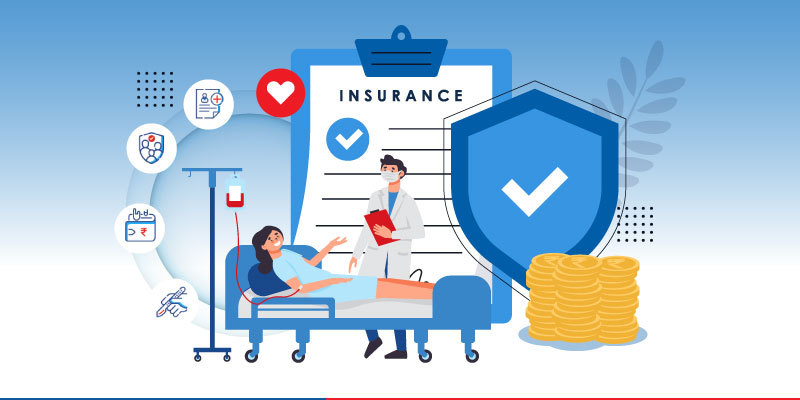Article -> Article Details
| Title | Choose Critical Illness Insurance for Emerging Health Concerns Like Long COVID |
|---|---|
| Category | Fitness Health --> Health Insurance |
| Meta Keywords | Critical Illness Insurance, health insurance for parents |
| Owner | SS Rajdeep |
| Description | |
|
In today’s unpredictable health landscape, securing comprehensive medical coverage has become more crucial than ever. While standard health insurance plans provide broad hospitalisation cover, they may not be sufficient when it comes to coping with the financial strain of serious, long-term illnesses. This is where critical illness insurance becomes an essential addition to your financial planning, particularly as emerging health threats like Long COVID gain prominence. This article explores why opting for critical illness insurance is important for contemporary health concerns, and how it complements broader needs such as health insurance for parents and other dependants. What is critical illness insurance?Critical illness insurance is a specialised policy that provides a lump sum payout upon the diagnosis of a specified critical illness, such as cancer, heart attack, stroke, kidney failure, or neurological disorders. This lump sum is paid irrespective of actual hospitalisation costs and can be used for medical treatments, recovery support, household expenses, or even repaying debts. Unlike regular health insurance, which reimburses hospital bills, critical illness insurance offers financial flexibility during challenging times, allowing families to manage lifestyle adjustments and treatment costs with greater ease. Why critical illness insurance matters now more than everThe recent emergence of Long COVID—where individuals experience prolonged health complications months after the initial infection—has added a new dimension to critical healthcare planning. Symptoms like chronic fatigue, heart complications, respiratory problems, and neurological issues can severely impact quality of life and earning capacity. Given the increasing incidence of lifestyle diseases and the unpredictable nature of emerging illnesses, critical illness insurance provides a much-needed financial cushion to manage long recovery periods and complex treatments that standard policies may not fully cover. Additionally, for those considering health insurance for parents, a critical illness cover becomes indispensable as ageing parents are at a higher risk of suffering from serious conditions like cancer, strokes, or cardiac issues. Key features of critical illness insuranceUnderstanding the essential features of critical illness insurance helps in making a well-informed choice:
Critical illness insurance vs standard health insuranceWhile both types of insurance provide healthcare support, they serve different purposes:
When selecting health insurance for parents, combining a regular medical policy with a critical illness plan ensures comprehensive coverage, addressing both hospitalisation costs and the financial burden associated with long-term recovery. How to choose the right critical illness policyWhen choosing critical illness insurance, consider the following factors:
Choosing the right policy ensures that you and your family are prepared to manage unforeseen health challenges effectively. Why critical illness insurance is important for parentsWhen arranging health insurance for parents, it is vital to consider that they are at a higher risk of suffering from critical conditions like heart disease, cancer, and kidney failure. Treatment costs for these conditions can be extremely high and may not be fully covered by standard medical policies. Adding critical illness insurance ensures that parents receive the financial support needed to access the best medical care without compromising family finances. Moreover, in case of diagnoses such as dementia, Alzheimer's, or mobility-impairing strokes, the lump sum benefit can also cover caregiving costs, rehabilitation, and home modification expenses, offering a higher quality of life for ageing parents. Common mistakes to avoid
Avoiding these mistakes ensures that your critical illness insurance genuinely serves its purpose during emergencies. Conclusion: prepare wisely for health uncertaintiesThe evolving health risks of 2025, including conditions like Long COVID and lifestyle diseases, highlight the importance of robust financial protection. Choosing critical illness insurance provides a crucial layer of security beyond standard hospitalisation policies, offering the flexibility and peace of mind needed during challenging times. When coupled with comprehensive health insurance for parents and family members, critical illness coverage ensures that your loved ones can access the best treatments and maintain financial stability, no matter what health challenges the future may bring. | |

